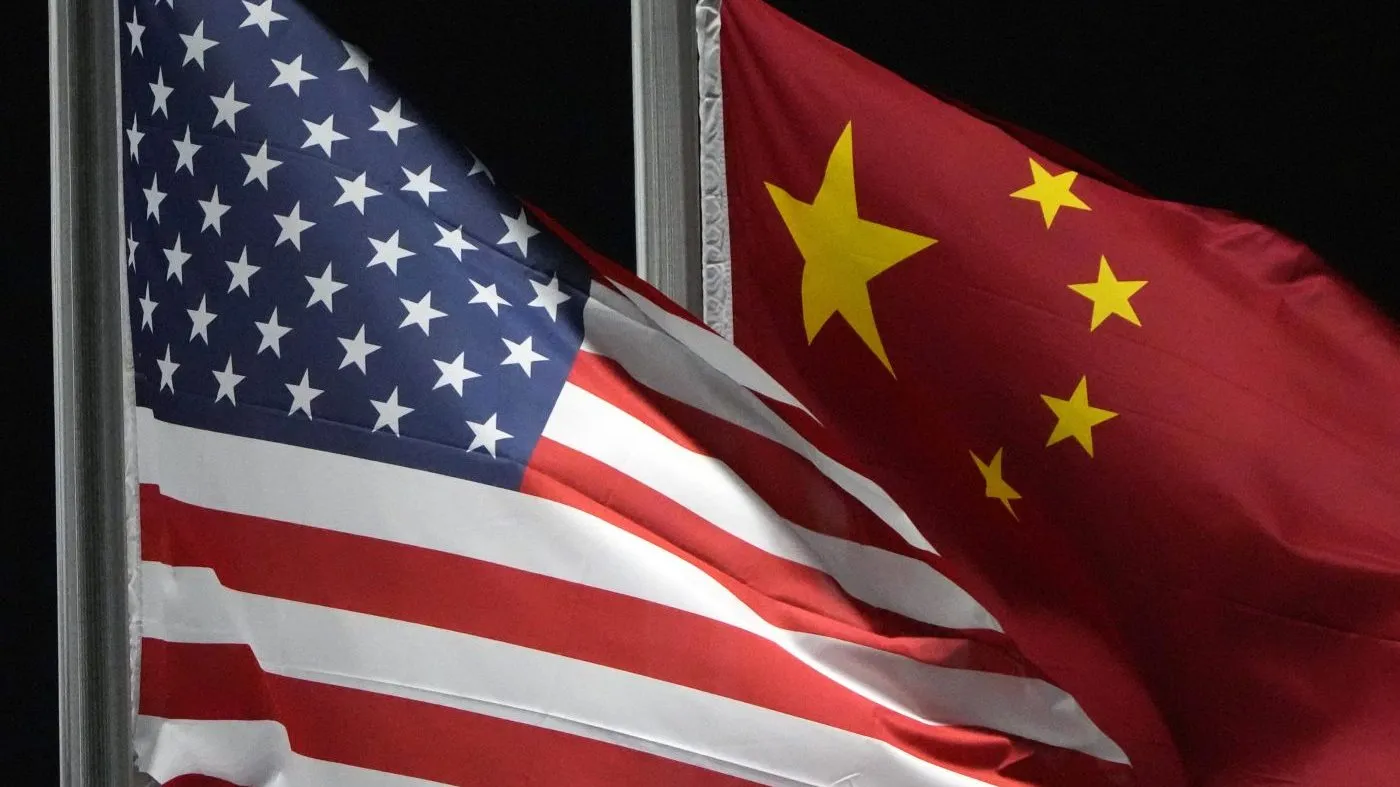Global Economy Stalls as US-China Trade War Intensifies
08.03.2025 10:00 1 min. read Alexander Stefanov
The escalating trade war between China and the US has sparked global economic disruption.
It began in February 2023 when the US imposed a 10% tariff on all Chinese imports, quickly escalating to 20% by March. The goal was to punish China for unfair trade practices, but Beijing retaliated with its own tariffs, particularly targeting US exports like soybeans and wheat.
The US didn’t stop there, expanding the trade battle to the EU, Canada, Mexico, and South Korea, claiming these measures were necessary to ensure fair trade and address national security concerns, particularly regarding steel imports. In response, China restricted rare earth mineral exports, crucial for US technology and defense industries.
As both nations imposed more tariffs and non-tariff barriers, global trade slowed, and stock markets plunged. US businesses saw rising costs, while Chinese manufacturers scrambled for new markets. Amid this turmoil, cryptocurrency gained a slight boost, partly due to Trump’s proposal for a national crypto reserve.
The global economic fallout is significant, with experts predicting a 1.5% dip in global GDP by 2025. While neither side is backing down, the war continues to disrupt supply chains, jobs, and economies worldwide, leaving the outcome uncertain.
-
1
U.S. PCE Inflation Rises for First Time Since February, Fed Rate Cut Likely Delayed
27.06.2025 18:00 1 min. read -
2
Key U.S. Economic Events to Watch Next Week
06.07.2025 19:00 2 min. read -
3
Gold Beats U.S. Stock Market Over 25 Years, Even With Dividends Included
13.07.2025 15:00 1 min. read -
4
U.S. Announces Sweeping New Tariffs on 30+ Countries
12.07.2025 16:30 2 min. read -
5
US Inflation Heats Up in June, Fueling Uncertainty Around Fed Cuts
15.07.2025 16:15 2 min. read
US Inflation Heats Up in June, Fueling Uncertainty Around Fed Cuts
U.S. inflation accelerated in June, dealing a potential setback to expectations of imminent Federal Reserve rate cuts.
Gold Beats U.S. Stock Market Over 25 Years, Even With Dividends Included
In a surprising long-term performance shift, gold has officially outpaced the U.S. stock market over the past 25 years—dividends included.
U.S. Announces Sweeping New Tariffs on 30+ Countries
The United States has rolled out a broad set of new import tariffs this week, targeting over 30 countries and economic blocs in a sharp escalation of its trade protection measures, according to list from WatcherGuru.
Key U.S. Economic Events to Watch Next Week
After a week of record-setting gains in U.S. markets, investors are shifting focus to a quieter yet crucial stretch of macroeconomic developments.
-
1
U.S. PCE Inflation Rises for First Time Since February, Fed Rate Cut Likely Delayed
27.06.2025 18:00 1 min. read -
2
Key U.S. Economic Events to Watch Next Week
06.07.2025 19:00 2 min. read -
3
Gold Beats U.S. Stock Market Over 25 Years, Even With Dividends Included
13.07.2025 15:00 1 min. read -
4
U.S. Announces Sweeping New Tariffs on 30+ Countries
12.07.2025 16:30 2 min. read -
5
US Inflation Heats Up in June, Fueling Uncertainty Around Fed Cuts
15.07.2025 16:15 2 min. read


